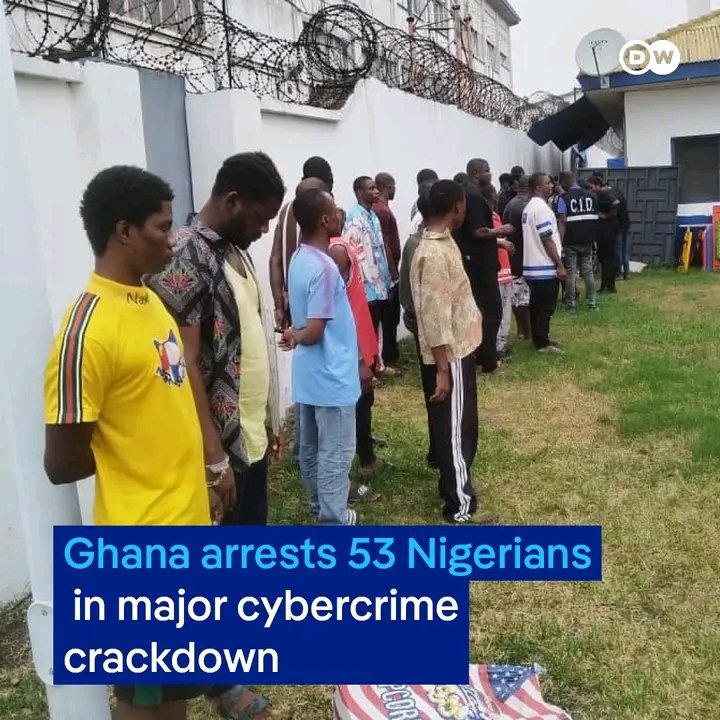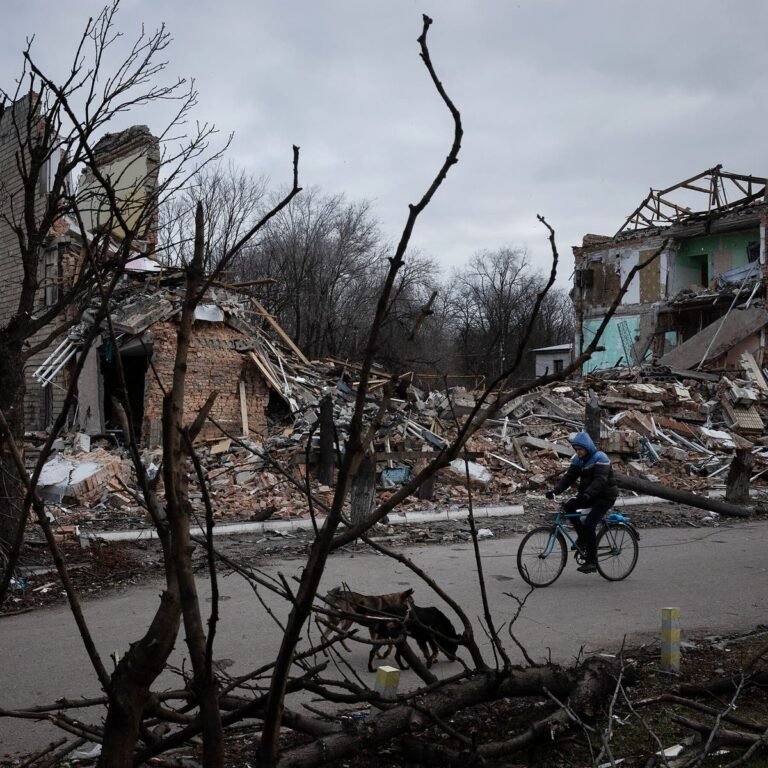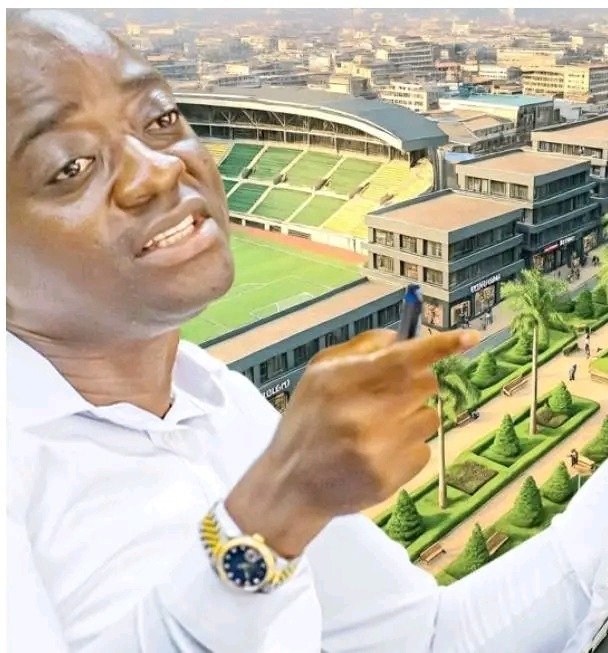
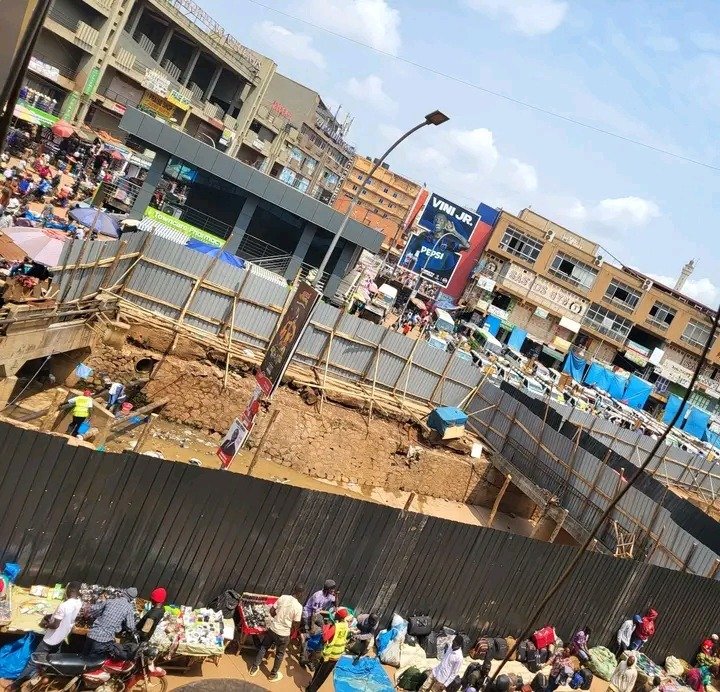
In a surprising turn of events, businessman Hamis Kiggundu has abruptly withdrawn all construction machinery and manpower from the contested Nakivubo drainage channel site, marking a significant development in a project that has been embroiled in political controversy and allegations of backroom dealings. The withdrawal comes as a temporary victory for Kampala Lord Mayor Erias Lukwago, who had vehemently opposed what he characterized as an illegitimate takeover of public property by private interests .
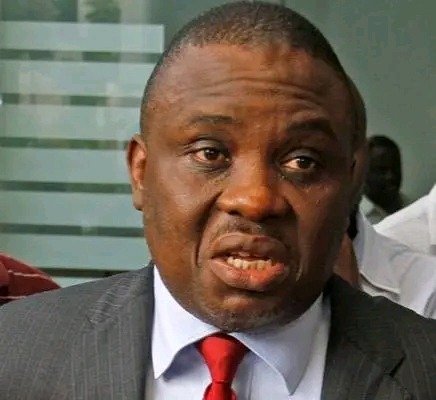
The fenced-off site near Nakivubo Police Post now stands vacant except for daytime police personnel who remain stationed there, signaling what observers are calling a strategic retreat rather than a complete abandonment of the controversial development plan. The project, which would have transformed the nine-kilometer drainage channel running through Kampala’s central business district, had drawn strong opposition from traders and community members who feared it would lead to their eviction from nearby markets .
1 Background of the Project
The Nakivubo drainage channel development project has been a subject of controversial interest for over a decade, with Kiggundu reportedly strategizing his approach to secure the lucrative deal during this period. The drainage channel, which serves as a critical flood mitigation infrastructure for Kampala’s central business district, represents valuable real estate in the heart of the city’s commercial activity .
According to sources close to the businessman, Kiggundu had identified this project as a multibillion business opportunity that would significantly expand his property portfolio in downtown Kampala. His approach involved leveraging connections within President Museveni’s government to overcome procedural hurdles and opposition from various stakeholders .
2 The Sudden Withdrawal
2.1 Immediate Observations
· Removal of Equipment: Witnesses reported seeing Kiggundu’s construction machinery being moved from the site earlier this week, leaving the previously active location conspicuously empty.
· Police Presence: While the construction teams have departed, daytime police personnel remain stationed near the Nakivubo Police Post, maintaining a visible security presence around the contested area.
· Fencing Status: The perimeter fencing remains intact around the channel, suggesting the withdrawal might be temporary rather than permanent.
2.2 Symbolic Significance
The removal of equipment represents a significant symbolic victory for Lord Mayor Lukwago, who had mounted legal and administrative challenges against the project. Lukwago had argued that the process through which Kiggundu acquired development rights lacked transparency and violated proper procedures .
3 Competing Business Interests
Kiggundu was not alone in recognizing the value of the Nakivubo channel development opportunity. According to sources, other prominent Ugandan business figures had been pursuing the same deal, creating a competitive landscape for the lucrative project .
Table: Business Figures Interested in Nakivubo Channel Development
Hamis Kiggundu Ham Towers, Ham Palm Villas USD 870 million
Drake Lubega Qualicel Bus Terminal, Energy Center USD 1 billion
John Bosco Muwonge Mukwano Arcade, Discount Mall, Gwanda Mall USD 1.8 billion
Daudi Kitandwe Nakasero Complex, Mid City Arcade Approximately USD 10 million
The presence of multiple high-profile investors vying for the same project underscores the significant financial potential of strategic real estate developments in Kampala’s central business district. John Bosco Muwonge, who recently made headlines with his USD 65 million cash purchase of Mukwano Arcade, represents the caliber of competition Kiggundu faced in pursuing the drainage channel project .
4 Government Involvement and Technical Support
Despite the withdrawal, the project had received official endorsement at the highest levels of government. Prime Minister Robinah Nabanja, who had been personally assigned by President Museveni to ensure Kiggundu developed the channel, confirmed that technical staff from the Kampala Capital City Authority (KCCA) had already prepared detailed designs showing how the channel would look after development .
This government support extended beyond mere encouragement, with KCCA technical staff reportedly working directly with Kiggundu on completing plans for the project. Ministers Kabanda and Kabuye Kyofatogabye, accompanied by KCCA spokesperson Daniel Nuwabine, had worked tirelessly to facilitate the completion of the entire project plan .
5 Political Dimensions and Conflict
5.1 Lukwago’s Opposition
Lord Mayor Lukwago had emerged as the most prominent opponent of Kiggundu’s takeover of the drainage channel. His opposition included securing criminal charges against the businessman through KCCA Court prosecutor, though these charges were eventually abandoned after KCCA legal director Frank Rusa intervened .
Lukwago’s resistance extended to presenting a damning report to the KCCA Council, outlining his objections to the process through which Kiggundu had secured development rights. However, the council, allegedly compromised through financial incentives from the businessman, rubbished Lukwago’s report and exonerated Kiggundu .
5.2 Council Division and Allegations
The KCCA Council became a battleground for the controversial project, with Speaker Zaharah Luyirika allegedly playing a strong role in compromising councilors to support Kiggundu’s plan. Sources claim that councillors were offered financial incentives to support the project in the council, with many reportedly flocking to the tycoon’s offices to receive their payments after the resolution passed in his favor .
The division even extended to party lines, with National Unity Platform (NUP) councillors turning against their own party member, Lukwago, accusing him of only fighting projects where he had not been bribed. This internal conflict within the opposition party highlighted the complex political dynamics at play in the controversy .
6 Broader Context: Kampala’s Real Estate Landscape
The Nakivubo channel controversy occurs against a backdrop of rapid transformation in Kampala’s property market, where wealthy investors are increasingly acquiring prime real estate in the central business district. Recent transactions, such as John Bosco Muwonge’s purchase of Mukwano Arcade for UGX 250 billion (approximately USD 65 million) in cash, demonstrate the enormous financial resources being deployed in Kampala’s commercial property sector .
This aggressive acquisition of prime properties has created tensions with traders, many of whom face rising rents and uncertain tenancy. As evidenced by recent protests planned by the Kampala Traders Association (KATA), the business community is growing increasingly concerned about their ability to maintain affordable retail spaces in the city center .
Table: Recent Major Real Estate Transactions in Kampala
Property Buyer Approximate Value Significance
Mukwano Arcade John Bosco Muwonge USD 65 million One of the largest real estate deals in Uganda’s history
Nakivubo Channel Development Rights Hamis Kiggundu (disputed) Not disclosed Would transform 9km of drainage channel in CBD
Various properties Drake Lubega Regular acquisitions every 6 months Consistent expansion of downtown portfolio
7 Implications and Future Prospects
7.1 Potential Outcomes
The withdrawal of Kiggundu’s equipment from the Nakivubo channel site does not necessarily mean the project has been abandoned permanently. Several scenarios could unfold:
· Temporary Strategic Retreat: Kiggundu may be regrouping to address the legal and political challenges before restarting work.
· Alternative Developers: Other businessmen previously interested in the project might renew their efforts to secure development rights.
· Public Intervention: The government could take a more direct role in the project to circumvent the controversies surrounding private development.
7.2 Political Repercussions
The controversy has exposed significant rifts within Uganda’s political landscape:
· The conflict between elected officials (Lukwago) and appointed technical staff within KCCA.
· Divisions within the NUP party between councillors and their own Lord Mayor.
· Allegations of corruption and influence-peddling at the city council level.
These divisions may have implications for upcoming elections, with some councillors already vowing to support a challenge against Lukwago in the next electoral cycle .
Conclusion
The withdrawal of Hamis Kiggundu’s construction machinery from the Nakivubo drainage channel site represents a pivotal moment in a saga that has highlighted the intersection of business, politics, and urban development in Kampala. While Lord Mayor Lukwago may have won this preliminary round, the substantial financial interests at stake and the high-level government support for the project suggest that this retreat may be temporary rather than permanent.
The situation continues to evolve, with traders, community members, and political observers watching closely to see whether public interest or private profit will ultimately prevail in determining the future of this critical piece of urban infrastructure. What remains clear is that the development of Kampala’s central business district will continue to be a contested arena where competing visions of urban development and economic interest collide .


